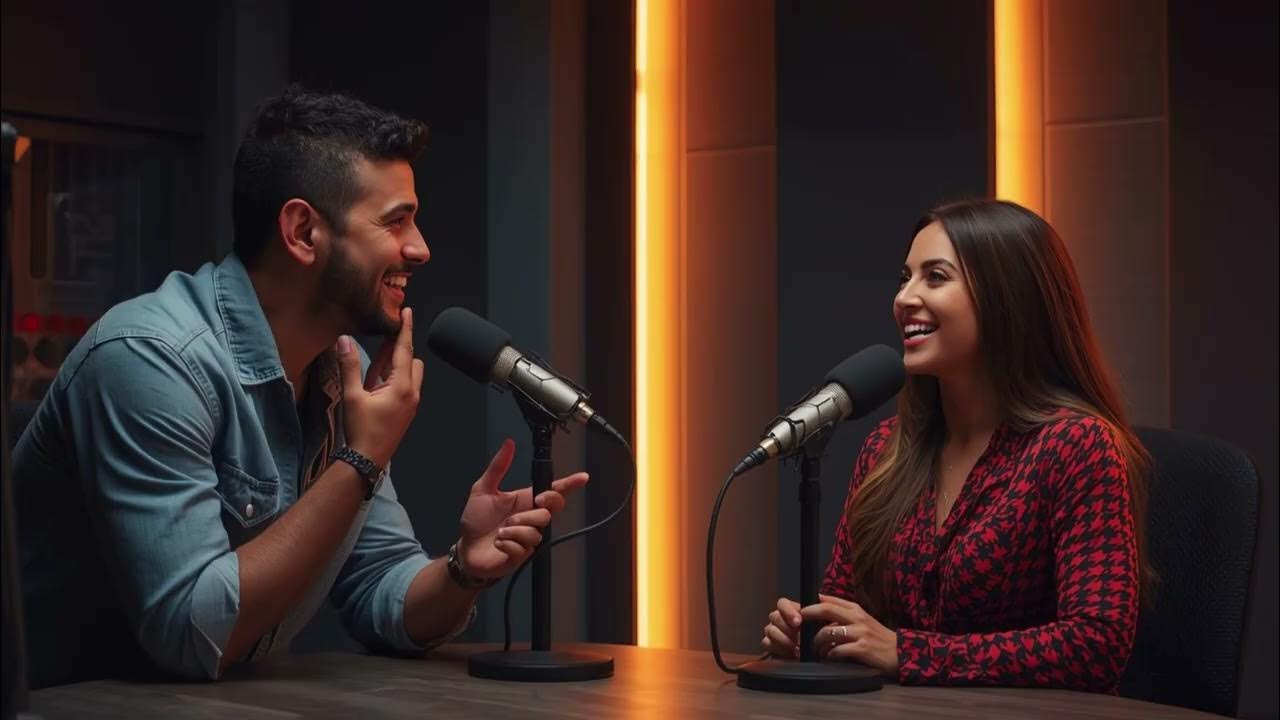What is Media Literacy?
Summary
TLDRThis video explains the concept of media literacy, emphasizing its importance in the modern world. Media literacy is defined as the ability to access, analyze, evaluate, and create media. The video traces its origins to the need to counter war propaganda and the rise of advertising. It highlights five key skills for media literacy: critical thinking, smart consumerism, recognizing viewpoints, responsible media creation, and understanding media’s cultural role. The video challenges viewers to reflect on how media influences their perception of reality and encourages active engagement with media.
Takeaways
- 📜 Media literacy education began in the 1930s and 1960s as a response to war propaganda and the rise of advertising.
- 📰 Media literacy helps individuals detect biases, falsehoods, and half-truths in various media formats like print, radio, and television.
- 📱 Media literacy is the ability to access, analyze, evaluate, and create media, making it an essential skill in the 21st century.
- 🎓 Schools, teachers, and students face the challenge of becoming media literate in a media-saturated world.
- 🧐 Criticizing or merely producing media does not equate to media literacy; it involves understanding media from multiple perspectives.
- 🧠 To be media literate, one must think critically about whether the information presented is logical and convincing.
- 🛒 Media literacy helps individuals become smart consumers by evaluating the credibility of media before being influenced.
- 👀 Recognizing points of view in media enables a better understanding of diverse ideas and perspectives.
- 🖋️ Media literacy also includes creating media responsibly and communicating ideas effectively.
- 🌍 Understanding the role of media in shaping culture and perceptions is crucial to media literacy.
Q & A
What is media literacy?
-Media literacy is the ability to identify, access, analyze, evaluate, and create media from a wide array of sources, and understand the messages they convey.
When did media literacy education first begin, and what prompted it?
-Media literacy education first began in the United States and the United Kingdom, as a result of war propaganda in the 1930s and the rise of advertising in the 1960s.
Why is media literacy important in the 21st century?
-Media literacy is essential in the 21st century because information now comes through an interwoven system of media technologies, making it important for individuals to critically analyze and understand media messages.
What are some common misconceptions about media literacy?
-Common misconceptions include thinking that criticizing the media, merely producing media, or teaching with media equates to media literacy. True media literacy involves teaching with and about media, and the ability to view it from multiple perspectives.
What is required to be considered media literate?
-To be media literate, one must learn to think critically, become a smart consumer of information, recognize points of view, create media responsibly, and understand the role of media in shaping culture.
How does critical thinking relate to media literacy?
-Critical thinking in media literacy means evaluating media messages to determine if the information makes sense before accepting or being persuaded by it.
How does media literacy help individuals become smarter consumers of information?
-Media literacy teaches individuals to assess the credibility of information, helping them make informed decisions before being influenced by media.
What role does understanding different perspectives play in media literacy?
-Understanding different perspectives allows individuals to appreciate various viewpoints, helping them critically assess the author's intentions and the media's influence.
Why is creating media responsibly part of being media literate?
-Creating media responsibly ensures that individuals communicate effectively by expressing their ideas appropriately and understanding the impact their media might have.
How does media influence our view of reality, according to the script?
-Media shapes our understanding of the world and influences how we act or think. It conveys messages that impact our perspectives and behaviors.
Outlines

This section is available to paid users only. Please upgrade to access this part.
Upgrade NowMindmap

This section is available to paid users only. Please upgrade to access this part.
Upgrade NowKeywords

This section is available to paid users only. Please upgrade to access this part.
Upgrade NowHighlights

This section is available to paid users only. Please upgrade to access this part.
Upgrade NowTranscripts

This section is available to paid users only. Please upgrade to access this part.
Upgrade Now5.0 / 5 (0 votes)





